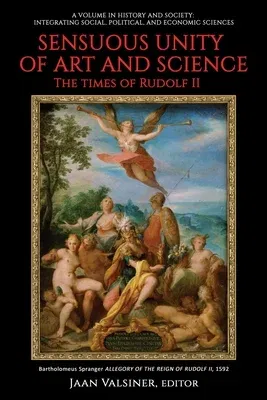Sensuous Unity of Art and Science: The Times of Rudolf IIPaperback, 9 February 2023

Qty
1
Turbo
Ships in 2 - 3 days
In Stock
Free Delivery
Cash on Delivery
15 Days
Free Returns
Secure Checkout
Part of Series
History and Society: Integrating Social, Political and Economic Sciences
Print Length
196 pages
Language
English
Publisher
Information Age Publishing
Date Published
9 Feb 2023
ISBN-13
9798887301600
Description
Product Details
Book Format:
Paperback
Country of Origin:
US
Date Published:
9 February 2023
Dimensions:
23.39 x
15.6 x
1.07 cm
EAN:
9798887301600
Language:
English
Pages:
196
Publisher:
Weight:
281.23 gm

